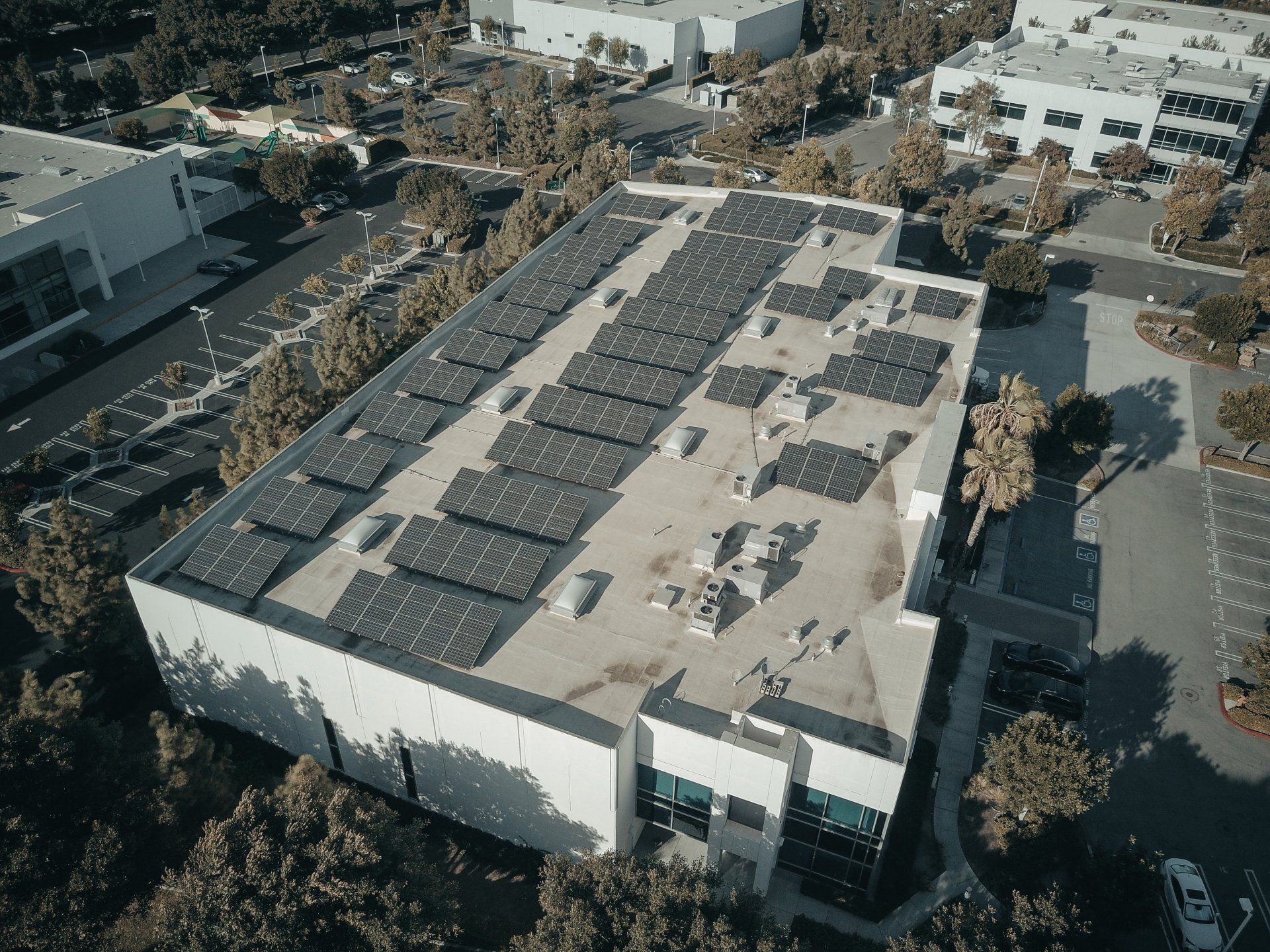Commercial Real Estate Financing Options for Investors
Securing financing for commercial real estate investments is an important step in the investment process, as it allows investors to purchase and develop properties without using their own capital. In this guide, we will explore how commercial real estate financing works and explore the key financing options available to commercial real estate investors.

Commercial real estate financing works by borrowing money from a lender to purchase or develop a commercial property. The loan is secured by the property, and the borrower repays the loan over time, typically with interest.
There are a number of different financing options available for commercial real estate, including traditional bank loans, SBA loans, and commercial mortgage-backed securities (CMBS). Each option has its own advantages and disadvantages, and it is important to carefully consider the terms, interest rates, and repayment options before choosing the best financing option for your investment.
Traditional bank loans are typically the most straightforward and accessible financing option for commercial real estate. They offer a flexible repayment schedule, but typically have higher interest rates and stricter underwriting criteria compared to other options.
SBA loans are government-guaranteed loans designed for small businesses, and can be used for commercial real estate investments. SBA loans have lower interest rates and more favorable terms compared to traditional bank loans, but they also have longer application processes and more stringent underwriting criteria.
Commercial mortgage-backed securities (CMBS) are investment securities backed by a pool of commercial mortgage loans. They are typically issued by large financial institutions and can offer lower interest rates compared to traditional bank loans, but they are also more complex and may require more investment expertise.
When choosing the right financing option for your commercial real estate investment, it is important to consider the terms and conditions, interest rates, and repayment options, as well as your investment goals and experience level.
In addition, commercial real estate investors can also consider alternative financing options, such as private equity financing and crowdfunding. These options can provide investors with more flexible financing options and the opportunity to invest in commercial real estate with a smaller investment.










